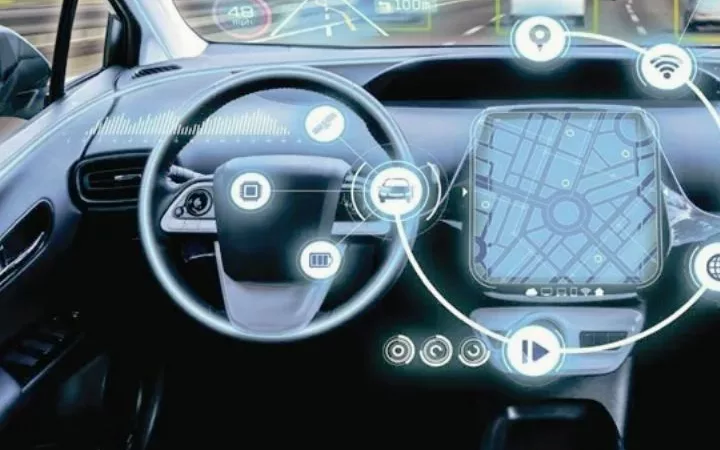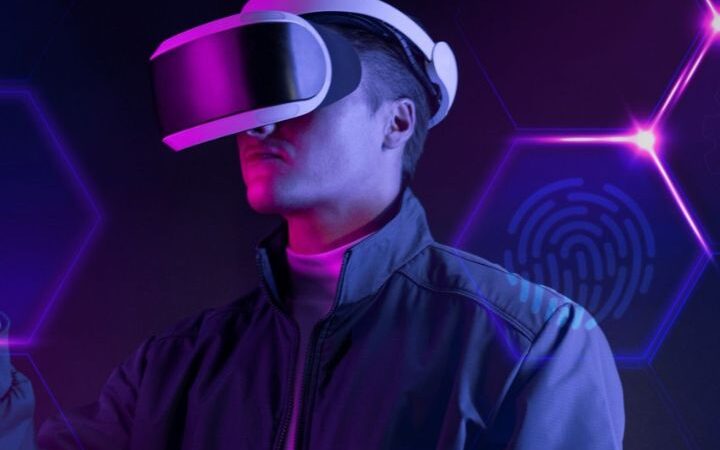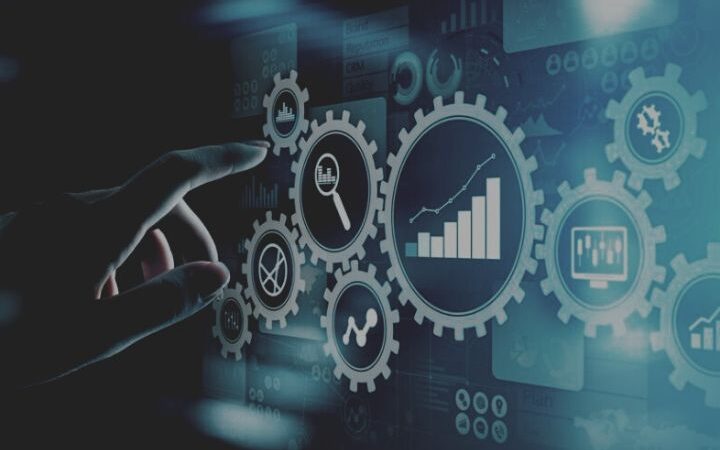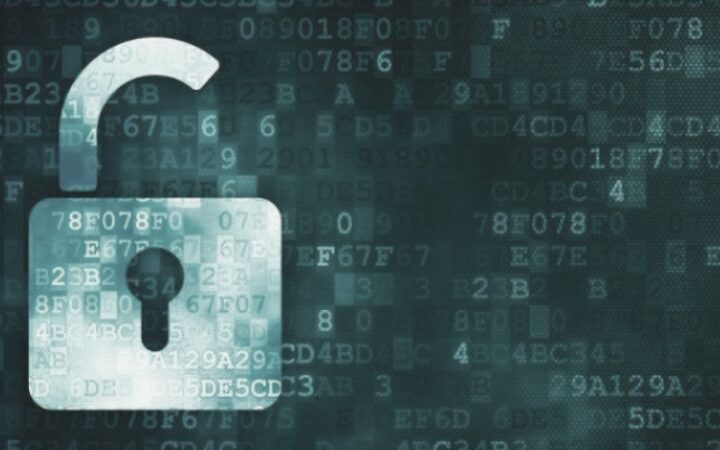Why Artificial Intelligence Will Never Make Autonomous Decisions For Us Even In The Distant Future
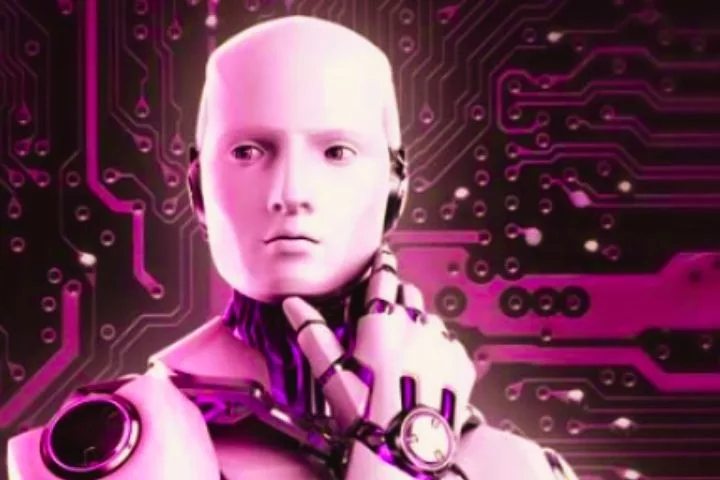
Have you ever caught yourself looking worriedly at the technological development of the future? For example, contrary to many dystopian fictions from film and television, it is completely out of the question that artificial intelligence (AI’s) rummaging through big data will soon make autonomous decisions for us or even make all decisions for us declare us immature and enslaved.
For example, contrary to many dystopian fictions from film and television, it is completely out of the question that artificial intelligence (AI’s) rummaging through big data will soon make autonomous decisions for us or even make all decisions for us declare us immature and enslaved. The way there is not only “very far”; there is simply no way there.
Two forms of AI that couldn’t be more different
Where do I get this certainty from? After all, it has already happened that a supermarket chain knew about the pregnancy of a teenage girl earlier than the father in question, based on the AI-supported analysis of the shopping behaviour of its customers.
This happened in the now-famous case from America, where personalized advertising for pregnancy products was sent to the expectant mother based on receipt data.
Undisputed: AI has already become an integral part of our everyday life. First and foremost, intelligent speech recognition software such as Siri or Alexa comes to mind.
Mind you, and these are only “weak (specialized) AIs”, which by definition do not come close to human intelligence but are only used as problem-solving aids in areas such as speech recognition, the creation of advertising recommendations and navigation systems.
First a “strong (general) AI”, i.e. a kind of superintelligence, which reaches and surpasses the human mind on all levels, which can think, learn and develop logically, which has a personality and self-confidence – it is only this idea that which has inspired so many creative minds in the past.
The misleading doctrine of life without aliveness
The fact that these two forms of AI are mostly not understood as completely different concepts and that the idea that one could certainly emerge from the other at some point could prevail is due to the assumption of false premises, which neurobiologists and AI researchers time and again put into circulation (to ultimately justify research funding).
Still, scientists say that our consciousness is nothing more than the product verschiedenster biochemical processes in the brain. Its equivalent will eventually be simulated, even artificial.
But only if one believes that our mind is nothing more than “a bunch of neurons” can one come to the constructivist assumption that it can be artificially recreated.
What you then get is, of course, the perfect breeding ground for plausible-sounding theories about conscious machines.
But this bold thesis brusquely suppresses all the private experiences, feelings and social bonds that define our mind as well as our brain activity. Why does science ignore all subjective experiences? Because these aspects of life cannot be measured in the laboratory like the twitching of neurons.
Nevertheless, they are indispensable components of our existence as living beings and rash interpretations of the measurement results of brain scans about the nature of the mind are therefore highly questionable.
Biology, which was based on physics for centuries to conduct science as precisely as possible, has always conveyed an image of intelligence as cold and callous as the polished silicon chips of computers.
A picture that fits perfectly into the value system of our western performance society, in which economic efficiency and competitiveness are the highest standards.
But that is an unbelievable shortening that has led to a break between the world as we experience it every day and how it describes science – just cleared of any subjectivity.
And yet: trying to understand life solely based on its material components such as neurons or DNA sequences is like trying to understand what is going on in the hormone-perfused head of your teenage daughter by only looking at the atoms of her hair under the Microscope examined.
As realistic as Frankenstein’s monster
A strong AI would only be conceivable if we first created an artificial form of life, an artificial human being who calls it his own. But life forms cannot be created artificially because, for that, we would have to accomplish the feat of making something living out of something dead.
Synthetic biology has already made attempts in this direction, but these too quickly reached their limits. An artificial DNA could be generated in this way, but this would never have been possible without the living yeast cell host in which it was implanted.
New forms of life do not emerge on the computer or in the laboratory. This gap between conscious living organisms and dead bits and bytes is fundamental.
The belief that it can be overcome stems only from a long tradition of separation of body and mind that began with the philosopher René Descartes in the 17th century this day the scientific world.
In the end, however, the leap from weak to strong AI, contrary to what the similar-sounding name suggests, is as big as the one between reality and fiction, like the one between a simulated explosion and a real one.
Intelligence – Only for the living
The fear of machines or software that could develop consciousness is therefore completely unfounded. Because it is based on a wrong understanding of intelligence, which in turn has a long tradition.
Rather, the fact is: To call algorithms that add, multiply and evaluate large amounts of data intelligent at incredible speed is simply misleading, as they have nothing to do with intelligence either now or in the future.
Above all, being intelligent means one thing, namely, not constantly falling off the next cliff. Anyone who finds their way around in their environment solves problems and adapts, demonstrably increasing their chances of survival.
Therefore, intelligent behaviour is something that we find everywhere in the animal kingdom, but it is always ascribed to humans in its most pronounced form. And in fact, no other living being on the planet has adapted to its environment as effectively and comprehensively as we have.
Our highly advanced intelligence was also responsible for developing increasingly sophisticated tools to subdue the world.
But why should it follow, just because our tools are now able to calculate and make decisions faster than we, that they are intelligent in some way? After all, intelligence is only available to living beings.
Only they are anchored in the world that can nourish and kill them. Computer software, on the other hand, does not have to survive. It just exists. It is limited to the collection of inputs, their processing and the output of outputs.
But she can never understand what input means because nothing means anything to her. A significant difference, through which even a tiny single-cell organism has something ahead of any supercomputer.
A tree, a person, a bacterium, even a single cell lives because it sustains itself as a whole. For this, living beings do not necessarily need such a highly developed (self) awareness as we call it our own. It is enough to organize and categorize the world around you in which you are a part.
Through giving meaning to one’s environment, negative environmental influences can be avoided, and positive ones strived for. Just like a paramecium can do in a Petri dish.
All living beings are united by this form of inwardness, a rudimentary subjectivity that separates them from their surroundings and other living beings. To maintain this, a living being has to do more than avoid predators and treacherous cliffs.
Unlike dead matter, it also has to recreate itself constantly. This is where the peculiarity of all life lies in the fact that it sustains itself with the help of metabolism that renews all of the body’s cells. It is this way of existence that creates beings that develop intelligent behaviour to protect their vulnerable shells.
Life before death
Science fiction has always used a simple trick to overcome this insurmountable gap between living and dead matter. It gives the malicious AI’s human faces that flicker on some monitors.
Again, especially in films, this trick suggests that something like a (super) human consciousness is stored on some hard drive.
The fact that something like this is theoretically possible may sound like the next logical step in the rapid pace of technological development. If you take a closer look at this development, however, you will notice that the only thing that has brought it up so far are computers that are computing ever faster.
But not who adds a flash, suddenly developed intelligence, but the one to whom something about the lies, what he does, so he has a chance to survive.
No matter how fast computers process data, they will only ever deliver results that are required of them based on clear inputs, and that can only provide vague answers such as “42” too vague questions such as the meaning of life.
It doesn’t matter that computer programs can defeat world champions in chess. Because to win in a game with a clear, finite set of rules, it is enough to imitate intelligent decisions. However, this has nothing to do with free consciousness, worldly participation and actual intelligence.
Just a category mistake
Of course, the capabilities of AI can be intimidating and upsetting to us. The added value of artificial intelligence to cope with tasks in certain areas of our living environment that were previously inaccessible to us is nothing new.
On the contrary, striving for such progress is deeply ingrained in us. Discoveries such as fire, electricity, the assembly line and the Internet have exponentially increased the limited capacities of the released human deficiency.
Weather forecasts, face recognition, autonomous driving – quantum leaps such as those made possible by weak AI have occurred repeatedly in human history.
However, the fear of the ultimate loss of control or even the replacement of humans at the top of the food chain is a completely unfounded overestimation of the possibilities of AI. In philosophy, one would speak of a category error here.
One, the real, has nothing to do with the other, the fictional. That is why the question of when AI will reach or even surpass the human level of intelligence is completely nonsensical, as this is not even a form of intelligence but only a detailed evaluation of big data. By its very nature, AI is and will remain no smarter than a smartphone.
And yet: will it ever be possible for weak AIs to make decisions for us? When it comes to unimportant issues, annoying decisions that we willingly allow ourselves to be made to make our everyday lives easier (such as putting together a shopping list based on how full our refrigerator is, our eating habits, etc.), then for sure.
But with serious decisions, things that affect our lives or are even life-threatening, this is very unlikely. Especially not against our will.
So the same reason that a strong AI will remain a Hollywood fantasy forever is why we must never let weak AIs take control of moral decisions. Because an AI that controls an autonomous car doesn’t care, who is sitting in it? She doesn’t care if it’s a playing child who suddenly shows up on the street.
The decision as to whether every means should be tried in this situation to save the little girl’s life, even if that may mean jeopardizing the lives of the inmates, will always remain a decision that must be made for people.
Because only a living being that knows about the value of life can make the right decision in such situations and save the girl.

